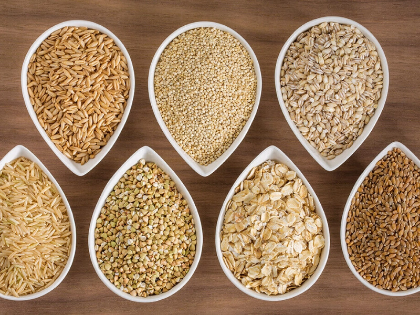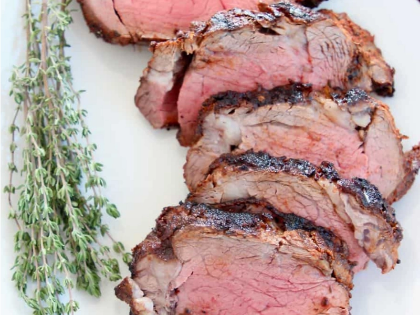Gulf Seafood And A Mediterranean Diet
A heart-healthy eating pattern linked to lowered triglyceride and cholesterol levels, a decreased risk of Alzheimer's and Parkinson's disease, and even a longer life span is the Mediterranean diet. It's also adaptable and tasty! Whole grains, fruits, vegetables, legumes, nuts, spices, herbs, and healthy fats like olive oil are the main foods. Eat sweets in moderation and red meat infrequently.
1. High in Fatty Acids Omega-3
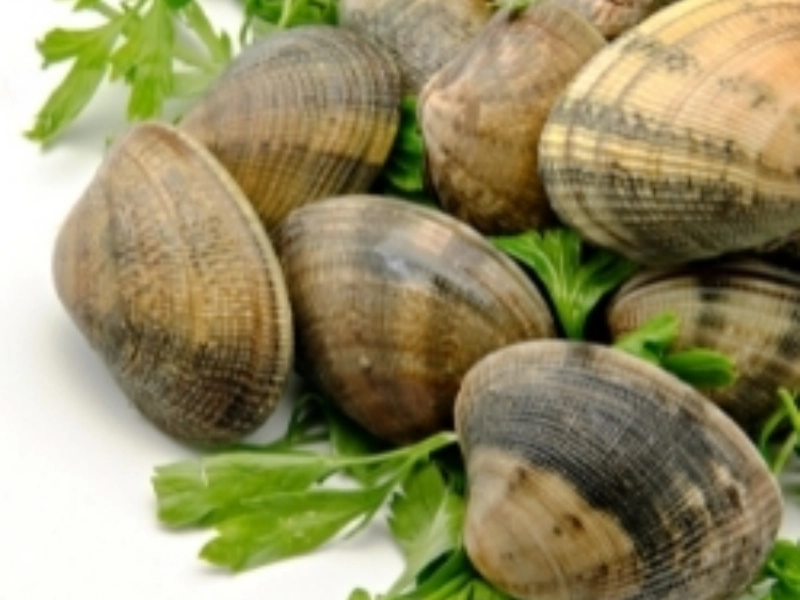
2. Minimal Calorie Content
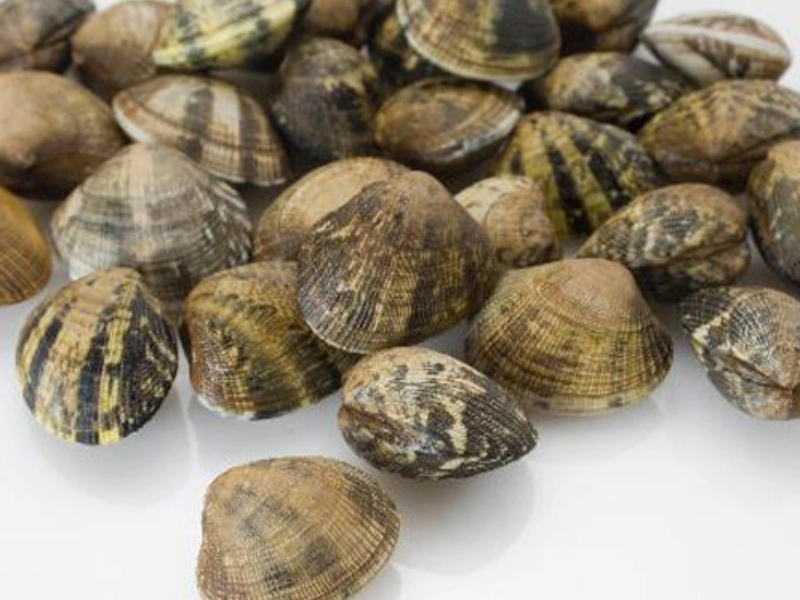 Seafood not only offers excellent quality protein but also heart-healthy omega-3 fatty acids. These fatty acids have been shown in studies to help lower blood pressure and reduce inflammation. They may lower the risk of Alzheimer's disease and promote brain health.
Fish and shellfish are essential sources of protein in a Mediterranean diet. Taste them in recipes such as salmon with roasted red pepper quinoa salad or linguine with creamy white clam sauce. Additionally, eggs, poultry, and lean meats are staples of the diet. You should stay away from highly processed fats and sugary drinks, although you can have moderate amounts of red wine with meals.
The Mediterranean diet, which emphasises hearty, nutrient-dense foods including fruits, vegetables, whole grains, nuts, legumes, and healthy oils, is a great option for weight loss and maintenance. According to the EAT-Lancet study, those who eat a Mediterranean diet lose weight, have healthier cholesterol levels, and have lower blood pressure than non-Muslims.
Seafood not only offers excellent quality protein but also heart-healthy omega-3 fatty acids. These fatty acids have been shown in studies to help lower blood pressure and reduce inflammation. They may lower the risk of Alzheimer's disease and promote brain health.
Fish and shellfish are essential sources of protein in a Mediterranean diet. Taste them in recipes such as salmon with roasted red pepper quinoa salad or linguine with creamy white clam sauce. Additionally, eggs, poultry, and lean meats are staples of the diet. You should stay away from highly processed fats and sugary drinks, although you can have moderate amounts of red wine with meals.
The Mediterranean diet, which emphasises hearty, nutrient-dense foods including fruits, vegetables, whole grains, nuts, legumes, and healthy oils, is a great option for weight loss and maintenance. According to the EAT-Lancet study, those who eat a Mediterranean diet lose weight, have healthier cholesterol levels, and have lower blood pressure than non-Muslims.
3. Simple to Assemble
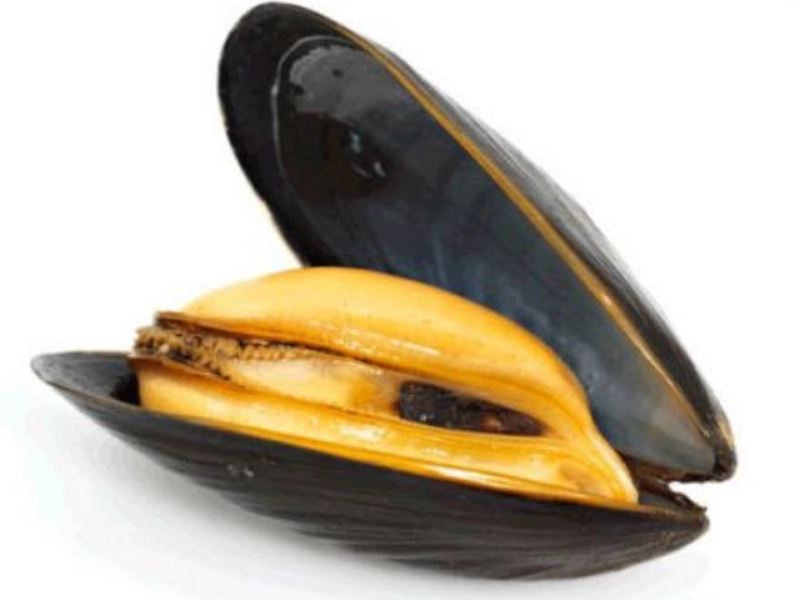 Seafood is not only a filling and healthy option, but it's also simple to prepare. Grace Derocha, a registered dietitian and certified diabetes educator with BCBS of Michigan, states that "the Mediterranean diet promotes lean proteins like fish and chicken, with a focus on seafood and whole grains."
Mussels, clams, and prawns are examples of shellfish that can be sautéed or grilled with a mixture of olive oil, lemon juice, garlic, salt, and pepper. Tossed with pasta or salad, they taste great as well. Cod, haddock, and hake are examples of lean fish that are essential to a Mediterranean diet. Make sure to select fish that are labelled as low in mercury when selecting these and other types of seafood.
Although dairy is included in the Mediterranean diet, it is usually consumed in smaller amounts than meat or seafood. Choose dairy products with little or no fat and include some plant-based alternatives as well. In this manner, you may take advantage of the variety that the Mediterranean diet provides and still adhere to the recommendations for a healthy diet.
Seafood is not only a filling and healthy option, but it's also simple to prepare. Grace Derocha, a registered dietitian and certified diabetes educator with BCBS of Michigan, states that "the Mediterranean diet promotes lean proteins like fish and chicken, with a focus on seafood and whole grains."
Mussels, clams, and prawns are examples of shellfish that can be sautéed or grilled with a mixture of olive oil, lemon juice, garlic, salt, and pepper. Tossed with pasta or salad, they taste great as well. Cod, haddock, and hake are examples of lean fish that are essential to a Mediterranean diet. Make sure to select fish that are labelled as low in mercury when selecting these and other types of seafood.
Although dairy is included in the Mediterranean diet, it is usually consumed in smaller amounts than meat or seafood. Choose dairy products with little or no fat and include some plant-based alternatives as well. In this manner, you may take advantage of the variety that the Mediterranean diet provides and still adhere to the recommendations for a healthy diet.
4. Low Sodium Content
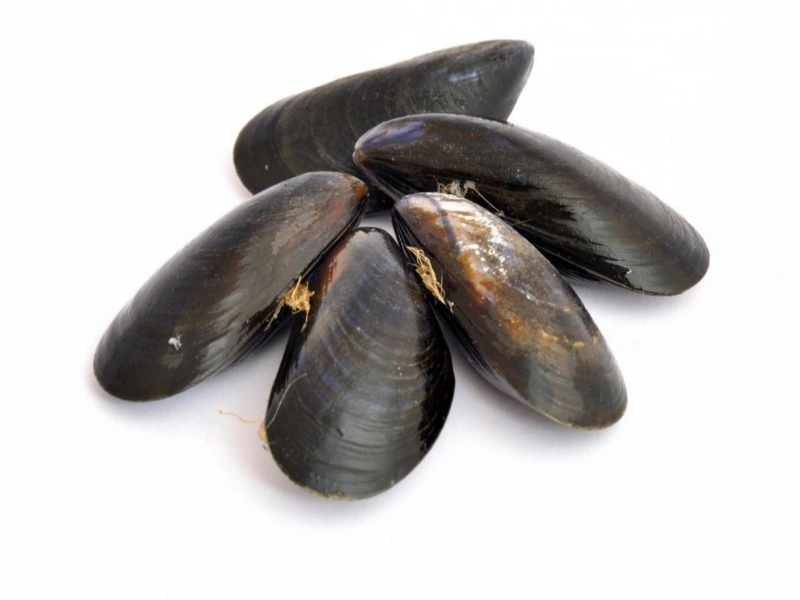 By reducing inflammation, eating more fish and seafood may help avoid heart disease. It also increases your consumption of other nutrients, such as omega-3 fatty acids, which can lower your risk of cancer, depression, and Alzheimer's.
Fruits, whole grains, fresh veggies, and olive oil are all prioritised in the Mediterranean diet. It restricts sweet desserts and red, highly processed meats. It promotes social interaction and regular physical activity. It might assist you in reducing your body weight and obesity risk.
The Mediterranean diet can lower your chances of cognitive decline and Parkinson's disease by keeping you mobile as you age, in addition to lowering blood pressure and cholesterol. By keeping your telomeres from shortening, it might even lengthen your life. Check out these seven flavorful, low-sodium, omega-3-rich, Mediterranean-inspired recipes. These recipes have the power to take you to sunny beaches and deepen your enjoyment of this flavorful, heart-healthy eating style.
By reducing inflammation, eating more fish and seafood may help avoid heart disease. It also increases your consumption of other nutrients, such as omega-3 fatty acids, which can lower your risk of cancer, depression, and Alzheimer's.
Fruits, whole grains, fresh veggies, and olive oil are all prioritised in the Mediterranean diet. It restricts sweet desserts and red, highly processed meats. It promotes social interaction and regular physical activity. It might assist you in reducing your body weight and obesity risk.
The Mediterranean diet can lower your chances of cognitive decline and Parkinson's disease by keeping you mobile as you age, in addition to lowering blood pressure and cholesterol. By keeping your telomeres from shortening, it might even lengthen your life. Check out these seven flavorful, low-sodium, omega-3-rich, Mediterranean-inspired recipes. These recipes have the power to take you to sunny beaches and deepen your enjoyment of this flavorful, heart-healthy eating style.

